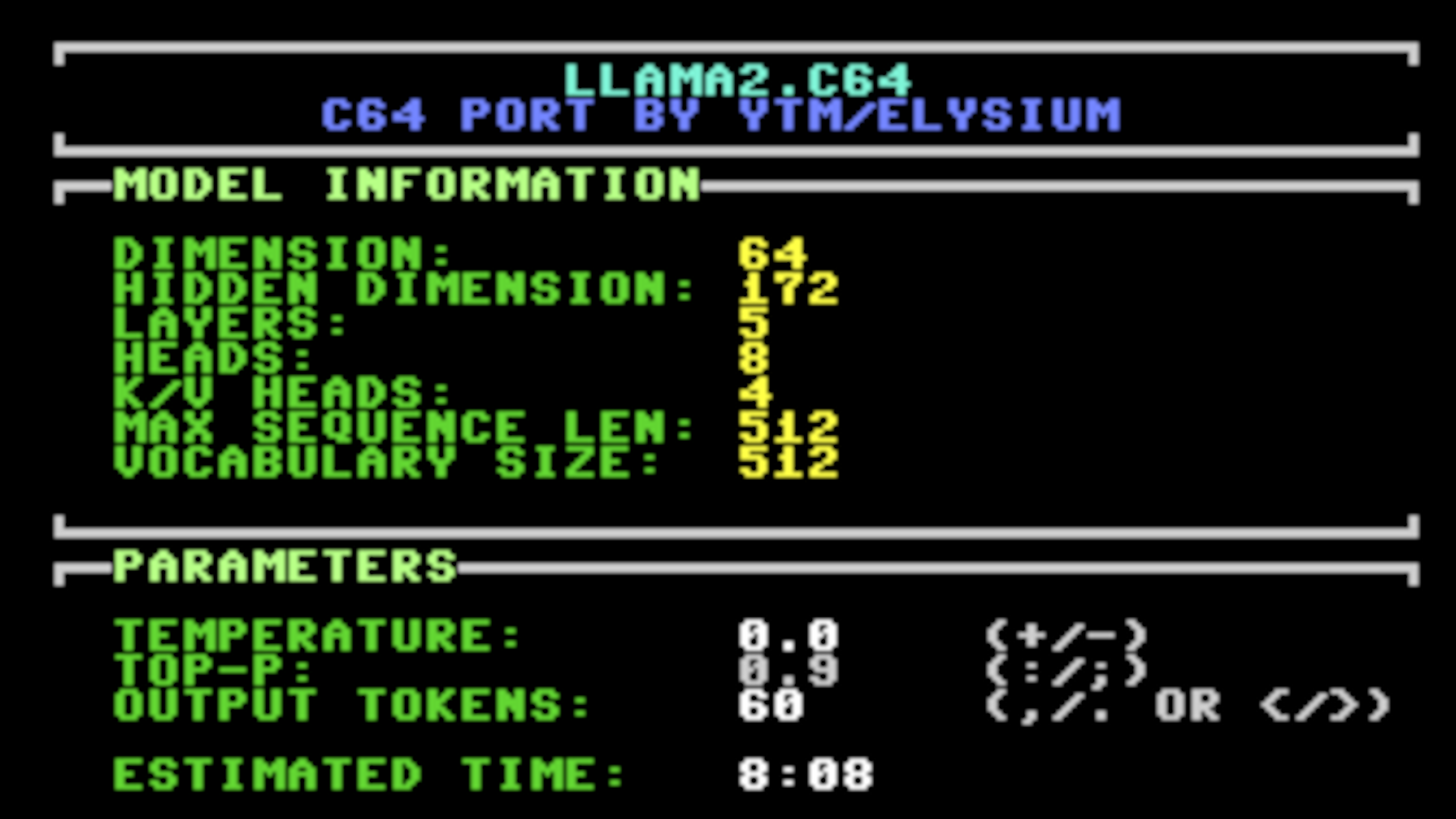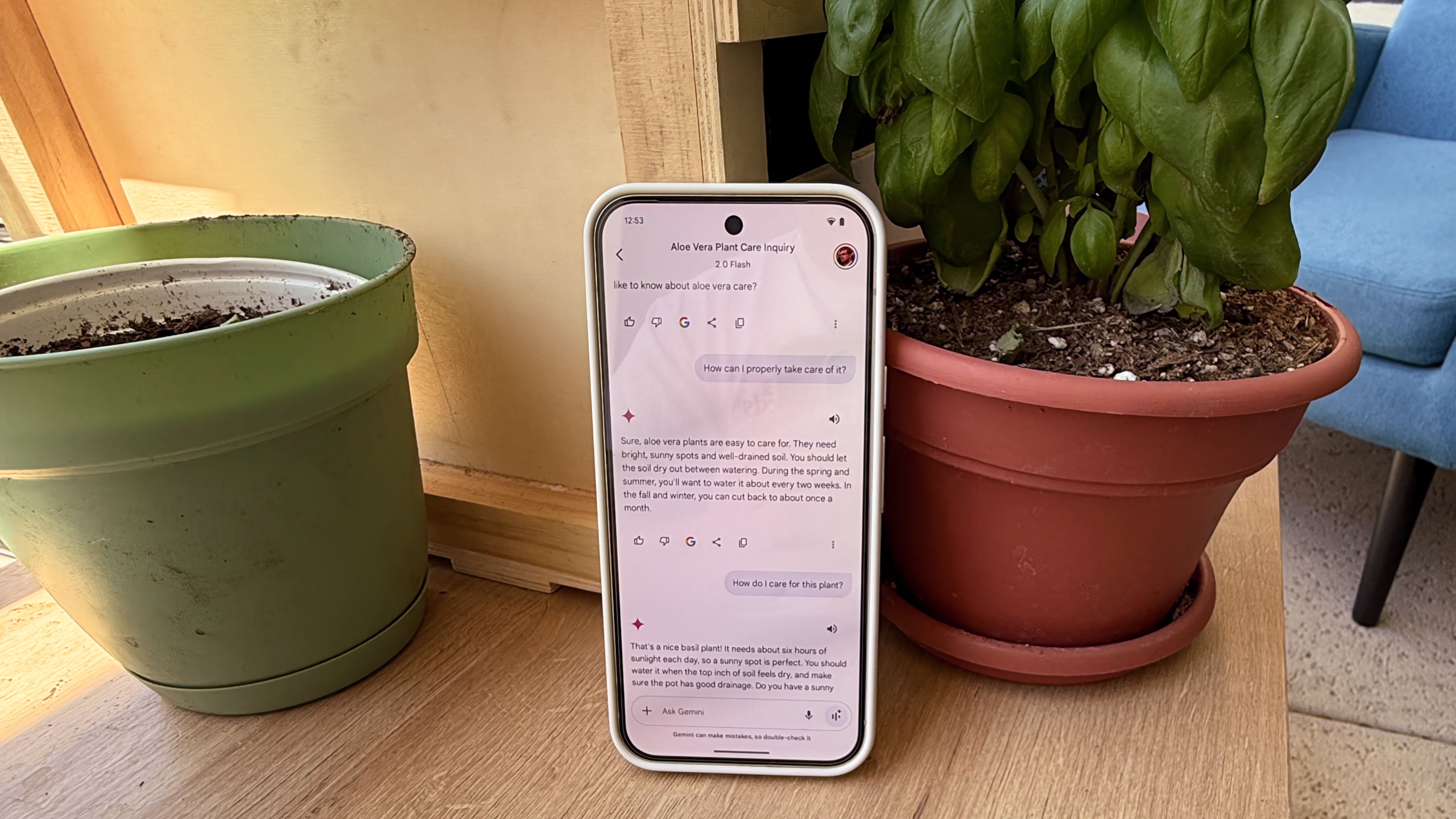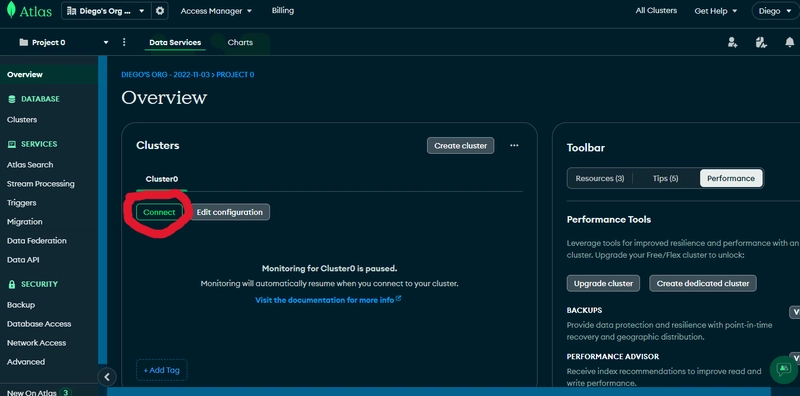TS1472: 'catch' or 'finally' expected
TS1472: 'catch' or 'finally' expected TypeScript is a superset of JavaScript. This means that it extends JavaScript by adding static typing and additional features that make code more robust and maintainable. In simple terms, TypeScript allows you to define the types (like number, string, boolean, object, etc.) of variables, function parameters, and return values, enabling the compiler to catch type-related errors before runtime. What are Types in TypeScript? Types are a critical part of TypeScript. They help define the shape and behavior of your data. With types, you can tell the compiler what kind of value a variable or a function is expected to have. For example: let age: number = 25; // The variable 'age' is typed as a number let name: string = "Alice"; // The variable 'name' is typed as a string This ensures that no invalid values can mistakenly be assigned to these variables, reducing unexpected errors. If you're interested in learning more about TypeScript or using tools like GPTeach for coding assistance, consider subscribing to our blog for regular updates and helpful insights. Understanding the Error: TS1472: 'catch' or 'finally' expected The TypeScript compiler is designed to enforce rules to help you write cleaner and more reliable code. The error TS1472: 'catch' or 'finally' expected arises when TypeScript expects a catch or finally block after a try block, but doesn't find one. This error is linked to improper error-handling syntax in your code. Let’s break down the problem and how to fix it. What Causes TS1472: 'catch' or 'finally' expected? In JavaScript and TypeScript, try, catch, and finally blocks are used for error handling. The try block contains code that might throw an error, the catch block handles any thrown errors, and the finally block is executed regardless of whether an error occurred or not. The error TS1472: 'catch' or 'finally' expected occurs when a try block is used without a corresponding catch or finally block. For example: try { // Code that might throw an error console.log("Executing risky operation..."); } The above code will result in the error TS1472: 'catch' or 'finally' expected because the try block does not have a catch or finally block associated with it. Fixing the Error To fix TS1472: 'catch' or 'finally' expected, you need to provide either a catch block, a finally block, or both after the try block. Here are some corrected examples: Using a catch Block try { console.log("Attempting risky operation..."); throw new Error("Something went wrong!"); } catch (error) { console.error("An error occurred:", error); } In this example, the catch block captures any error thrown within the try block. Using a finally Block try { console.log("Attempting risky operation..."); } finally { console.log("Cleanup operation..."); } In this case, the finally block ensures that cleanup code runs no matter what happens in the try block. Using Both catch and finally try { console.log("Attempting risky operation..."); throw new Error("Something went wrong!"); } catch (error) { console.error("Caught an error:", error); } finally { console.log("Cleanup completed."); } This example demonstrates a comprehensive error-handling structure with both catch and finally. Important to Know! When using error-handling structures in TypeScript: Catch is Optional if Finally Exists: You can omit the catch block if you include a finally block, but a lone try block is always invalid. Order of Blocks Matters: The correct order is try, catch (optional), and then finally (optional). Swapping the order will result in syntax errors. Understanding Types: Exploring Their Importance Types define the expected structure of a value and enforce how data can be used. Using types in TypeScript boosts productivity by providing feedback about potential errors in your code without having to run it. Here’s another example: function add(a: number, b: number): number { return a + b; } const result = add(5, 10); // Valid! const invalidResult = add("5", 10); // Error: Argument of type 'string' is not assignable to parameter of type 'number'. This static enforcement prevents runtime exceptions caused by type mismatches, making your code safer and easier to debug. FAQs 1. What does TS1472: 'catch' or 'finally' expected mean? It means that the try block in your code is missing an associated catch or finally block. TypeScript doesn’t allow a standalone try block. 2. Can I use try without catch in TypeScript? Yes, but only if you use a finally block. Either catch, finally, or both must always follow a try block. Important to Know! TypeScript always enforces proper error-handling syntax. Skipping a catch or finally will lead to TS1472: 'catch' or 'finally' expected. Using tools like Ty

TS1472: 'catch' or 'finally' expected
TypeScript is a superset of JavaScript. This means that it extends JavaScript by adding static typing and additional features that make code more robust and maintainable. In simple terms, TypeScript allows you to define the types (like number, string, boolean, object, etc.) of variables, function parameters, and return values, enabling the compiler to catch type-related errors before runtime.
What are Types in TypeScript?
Types are a critical part of TypeScript. They help define the shape and behavior of your data. With types, you can tell the compiler what kind of value a variable or a function is expected to have. For example:
let age: number = 25; // The variable 'age' is typed as a number
let name: string = "Alice"; // The variable 'name' is typed as a string
This ensures that no invalid values can mistakenly be assigned to these variables, reducing unexpected errors. If you're interested in learning more about TypeScript or using tools like GPTeach for coding assistance, consider subscribing to our blog for regular updates and helpful insights.
Understanding the Error: TS1472: 'catch' or 'finally' expected
The TypeScript compiler is designed to enforce rules to help you write cleaner and more reliable code. The error TS1472: 'catch' or 'finally' expected arises when TypeScript expects a catch or finally block after a try block, but doesn't find one. This error is linked to improper error-handling syntax in your code. Let’s break down the problem and how to fix it.
What Causes TS1472: 'catch' or 'finally' expected?
In JavaScript and TypeScript, try, catch, and finally blocks are used for error handling. The try block contains code that might throw an error, the catch block handles any thrown errors, and the finally block is executed regardless of whether an error occurred or not.
The error TS1472: 'catch' or 'finally' expected occurs when a try block is used without a corresponding catch or finally block. For example:
try {
// Code that might throw an error
console.log("Executing risky operation...");
}
The above code will result in the error TS1472: 'catch' or 'finally' expected because the try block does not have a catch or finally block associated with it.
Fixing the Error
To fix TS1472: 'catch' or 'finally' expected, you need to provide either a catch block, a finally block, or both after the try block. Here are some corrected examples:
Using a catch Block
try {
console.log("Attempting risky operation...");
throw new Error("Something went wrong!");
} catch (error) {
console.error("An error occurred:", error);
}
In this example, the catch block captures any error thrown within the try block.
Using a finally Block
try {
console.log("Attempting risky operation...");
} finally {
console.log("Cleanup operation...");
}
In this case, the finally block ensures that cleanup code runs no matter what happens in the try block.
Using Both catch and finally
try {
console.log("Attempting risky operation...");
throw new Error("Something went wrong!");
} catch (error) {
console.error("Caught an error:", error);
} finally {
console.log("Cleanup completed.");
}
This example demonstrates a comprehensive error-handling structure with both catch and finally.
Important to Know!
When using error-handling structures in TypeScript:
-
Catch is Optional if Finally Exists: You can omit the
catchblock if you include afinallyblock, but a lonetryblock is always invalid. -
Order of Blocks Matters: The correct order is
try,catch(optional), and thenfinally(optional). Swapping the order will result in syntax errors.
Understanding Types: Exploring Their Importance
Types define the expected structure of a value and enforce how data can be used. Using types in TypeScript boosts productivity by providing feedback about potential errors in your code without having to run it. Here’s another example:
function add(a: number, b: number): number {
return a + b;
}
const result = add(5, 10); // Valid!
const invalidResult = add("5", 10); // Error: Argument of type 'string' is not assignable to parameter of type 'number'.
This static enforcement prevents runtime exceptions caused by type mismatches, making your code safer and easier to debug.
FAQs
1. What does TS1472: 'catch' or 'finally' expected mean?
It means that the try block in your code is missing an associated catch or finally block. TypeScript doesn’t allow a standalone try block.
2. Can I use try without catch in TypeScript?
Yes, but only if you use a finally block. Either catch, finally, or both must always follow a try block.
Important to Know!
- TypeScript always enforces proper error-handling syntax. Skipping a
catchorfinallywill lead to TS1472: 'catch' or 'finally' expected. - Using tools like TypeScript's static type checking ensures code is more predictable, especially in environments involving errors or unpredictable inputs.
Wrapping Up
The error TS1472: 'catch' or 'finally' expected is a simple but useful reminder from TypeScript to always include proper error-handling constructs when wrapping risky code in a try block. By using catch and finally blocks appropriately, you can make your code more robust and safe for production environments.
For more TypeScript tips and guidance, don’t forget to subscribe to our blog or check out tools like GPTeach to learn smarter ways to code!





































































































































































![[The AI Show Episode 145]: OpenAI Releases o3 and o4-mini, AI Is Causing “Quiet Layoffs,” Executive Order on Youth AI Education & GPT-4o’s Controversial Update](https://www.marketingaiinstitute.com/hubfs/ep%20145%20cover.png)




























































































































![[FREE EBOOKS] Learn Computer Forensics — 2nd edition, AI and Business Rule Engines for Excel Power Users & Four More Best Selling Titles](https://www.javacodegeeks.com/wp-content/uploads/2012/12/jcg-logo.jpg)





![From Art School Drop-out to Microsoft Engineer with Shashi Lo [Podcast #170]](https://cdn.hashnode.com/res/hashnode/image/upload/v1746203291209/439bf16b-c820-4fe8-b69e-94d80533b2df.png?#)






































































































(1).jpg?#)
































_Inge_Johnsson-Alamy.jpg?width=1280&auto=webp&quality=80&disable=upscale#)











































































































![Apple to Split iPhone Launches Across Fall and Spring in Major Shakeup [Report]](https://www.iclarified.com/images/news/97211/97211/97211-640.jpg)
![Apple to Move Camera to Top Left, Hide Face ID Under Display in iPhone 18 Pro Redesign [Report]](https://www.iclarified.com/images/news/97212/97212/97212-640.jpg)
![Apple Developing Battery Case for iPhone 17 Air Amid Battery Life Concerns [Report]](https://www.iclarified.com/images/news/97208/97208/97208-640.jpg)
![AirPods 4 On Sale for $99 [Lowest Price Ever]](https://www.iclarified.com/images/news/97206/97206/97206-640.jpg)
































![[Updated] Samsung’s 65-inch 4K Smart TV Just Crashed to $299 — That’s Cheaper Than an iPad](https://www.androidheadlines.com/wp-content/uploads/2025/05/samsung-du7200.jpg)



































































